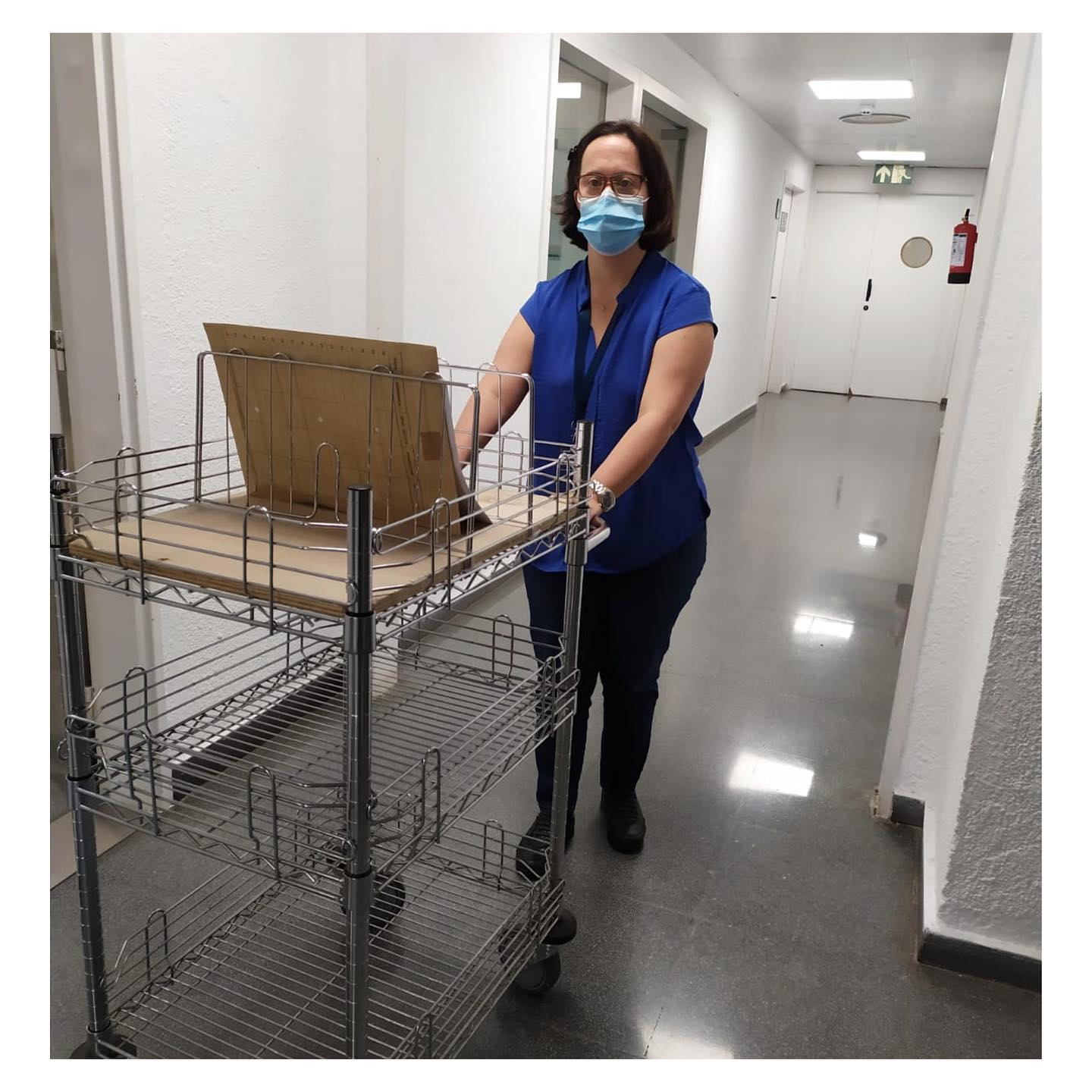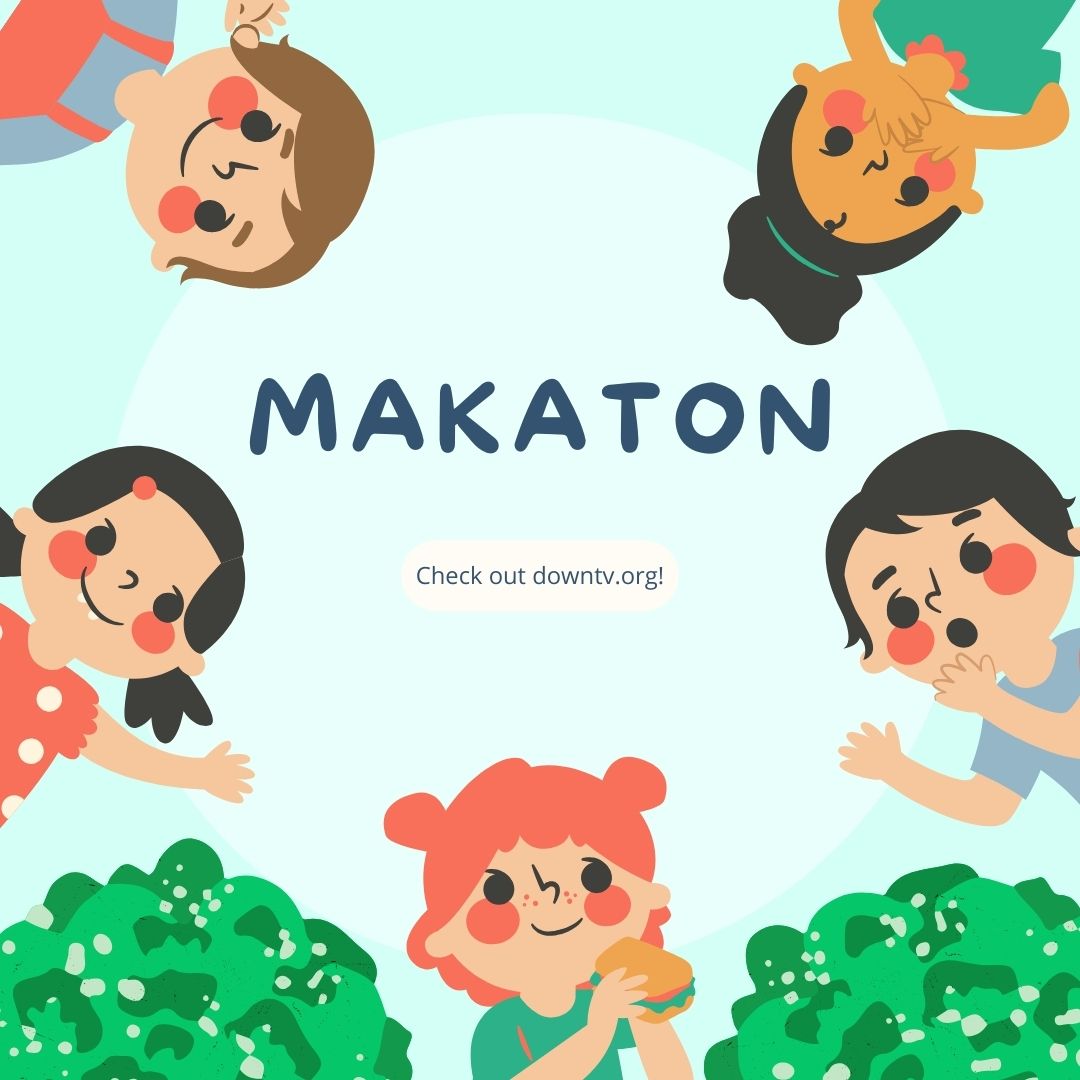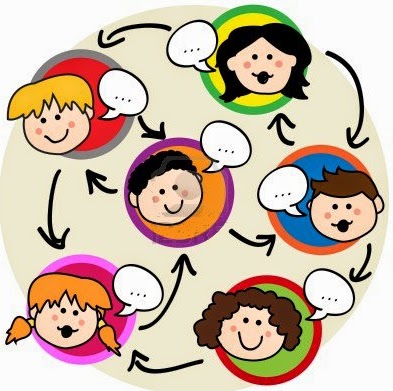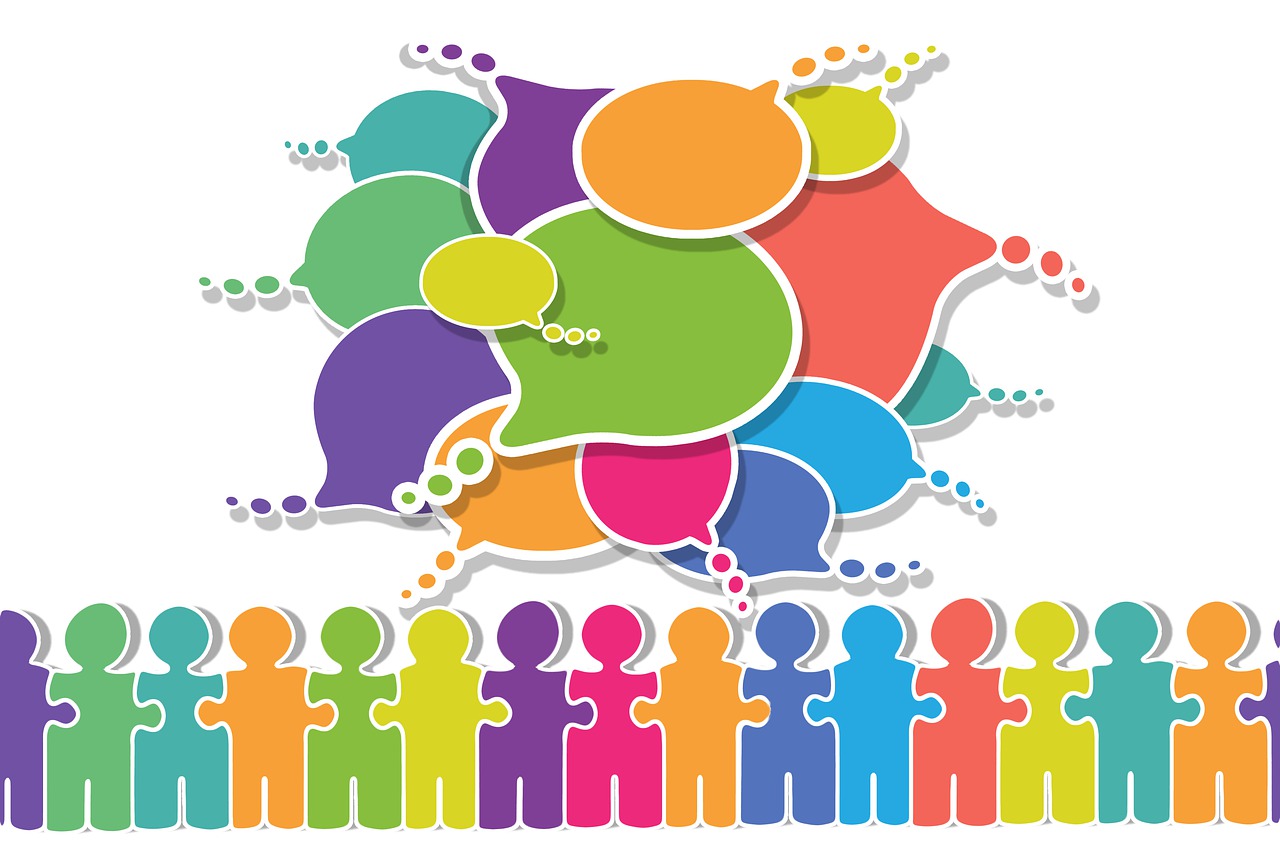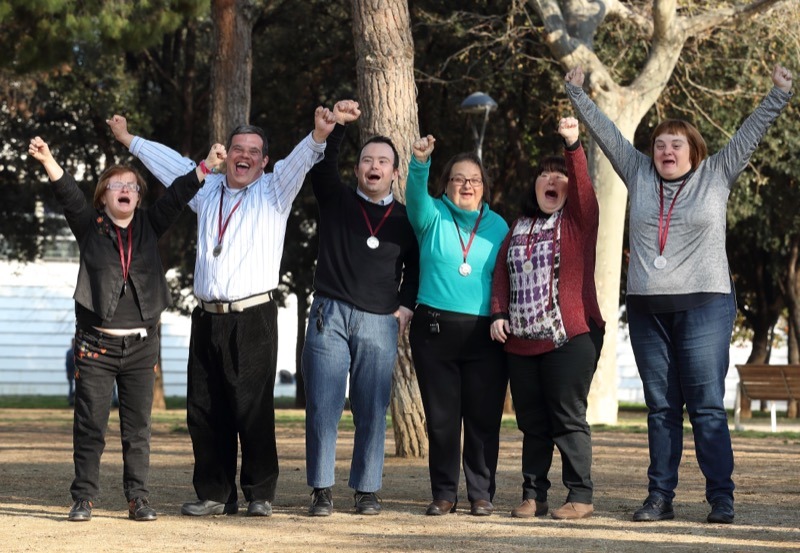In accordance to the company, typically a person with intellectual disabilities attends a workforce programme. Then, they do some one-on-one work together with a job coach to talk about how to set boundaries at work with bosses and managers, work expectations and how to ask for help at work and clarification, and all those basic starting employment tips. Then, we can build a resume if they don’t have one and interview preparation is that something that they are interested in and job coach can also go to interviews to support them while they are there and to be a bridge between them.
When does support stop?
Once employment has been secured, job coaches go in and do their first shifts with them. So, they go and be there other first few shifts. Implement if they need visuals or if they need other accomodations made at work to support them so they’re successful there. Also, ensuring that the employer feels supported. So once the employees feel good at work by themselves it would just become like a check.in. You start with a weelñy check-in, the a monthly and then, eventually, every three months or if the employer needs to contact the job coach. The job coach would be able to provide support there but eventually phasing the coach our so that the individual can be on their own success.
What can families do in the years leading up to employment taht would help set the foundation for succes? What are the kind of things that families can work on or focus on with them?
One of the things is asking what they want to do when they grow up. That’s often a gap missed. think about a job where you think your child would be really good: a really good cashier or a barista at a coffee shop. Setting the ground work for them to know their strengths and where they would maybe be really successful.
Also the expectations that you are going to work. Dream jobs may not necessarily be excatly what might happen but you can find something in between.
Are there enough inclusive contracts?
The barrier to hire inclusively is the unknown. If you don’t know somebody with Down’s Syndrome or you’re not sure of how to support somebody with Down’s Syndrome it can be very daunting to undergo that and especially if it’s a busy company and sometimes poeple just always don’t have time or don’t make the time for stuff like that. It’s not the lack of interest in hiring inclusively but the lack of support thay they may feel.
What’s more challenging would e finding the right fit for the company. You don’t just want to stick somebody as a cleaner because that’s the position available. That exists and if you know they want to be in the restaurant industry or any other industry, it’s more finding those proper employment fits for each person, somethign that they find meaningful.Top things that employers need to know when thye hire someone with Down’s Syndrome:
Be prepared to have a lot of fun. another ting to think about is accommodations in the workplace, like the use of visuals or timers. Stuff like large font on things, labels on different caffee pots… It takes a little bit to get that stuff up but once that’s in place it benefits everybody. Being patient because soemtimes it can take our guys a little nit longer to learn something but once they’ve mastered it they’ll be the best at it.
Advice for families who are nervous about their child entering the workforce?
New things can be intimidating but often if you talk to any of our guys who have graduated , all of our students are very keen to enter the workforce. They are very motivated, a lot of them want a living job even though tjey may not know what exactly that means or under what capacity but they try to foster that excitement and having the confidence that your child will success is huge. It is an opportunity to make new things, to make new friends, and and beign independent. Independence is something that they strive for.
